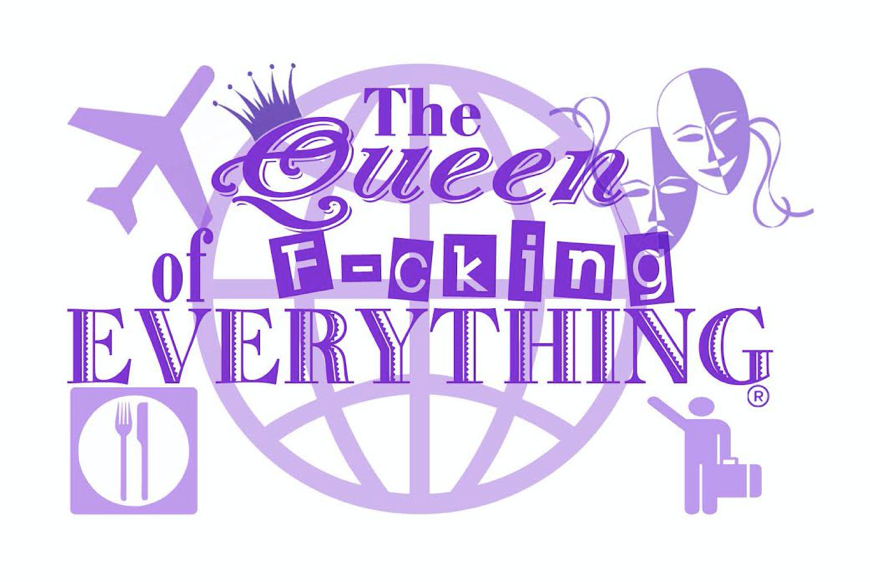I find myself, on Fridays, exploring many of the phrases we use so frequently but do not know the origin of.
Previously, I have shared the history behind karma’s desire to be a bitch (https://bit.ly/2HO84SG), why we need to find a silver lining when something bad happens (https://bit.ly/2ApTU59), why blessings feel the need to wear disguises, (https://bit.ly/2TrY7MA), and why misery loves company so very much (https://bit.ly/2yBvq7u).
Tonight we will find out why “going cold turkey” can be such a hard path to take and how these birds got themselves such a bad rap.
Before sitting down to research this topic, I realized the only other time I have written about turkeys is when I shared the history behind their annual presidential pardon on Thanksgiving (https://bit.ly/2SbuTRE).
This expression first appeared in print in the Daily Colonist in British Columbia in 1921. The description was used to explain treatment AKA “cold turkey treatment” received by those visiting a Dr. Carleton Simon.
Possible theories to explain it:
- The appearance of a bare turkey’s body is usually cold, clammy, and they may have goosebumps on their skin (something addicts going through withdrawal also suffer); and
- That in order to prepare a turkey for a meal there is very little that needs to be done thus it can be done abruptly like quitting something on the fly.
While these theories seems plausible there is a better reason why the term “cold turkey” is used the way it is today.
As early as the 1910 “cold turkey” wasn’t meant to describe quitting drugs or something difficult without help. It was a phrase used to describe wanting someone to tell you how it was; simply and plainly. At that time is wasn’t necessarily considered to be giving advice “cold turkey” it was more like “talking turkey”.
The expression “talking ‘cold’ turkey” dates back even further to the late 1800s and came about when Native Americans and the new colonists began trading fowl.
I never knew turkeys were such honest creatures.
I am now glad I ate chicken on Thanksgiving.
For More Information:

Comments
Post a Comment